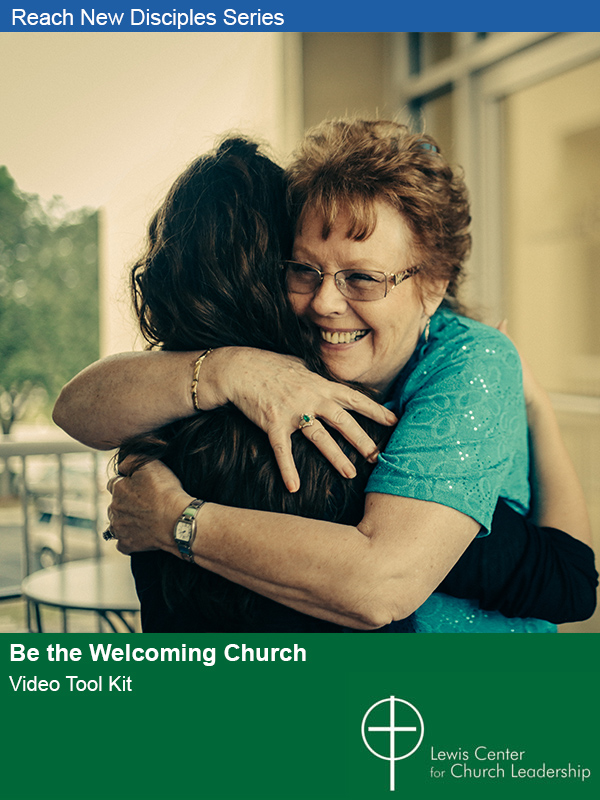The church today requires innovation, not improvement. Making things better through improvements is always welcomed, but we are past the time when merely improving what we are already doing is sufficient to address the new cultural and social context in which the church finds itself. In a stable environment in which the church held sway as a cultural icon and enjoyed virtually universal deference, making incremental changes from one decade to the next and one generation to the next was sufficient. Updating the facilities, adding staff, introducing new programs, and making other changes to align with changing expectations and sensitivities made for continuity. Today the challenges go well beyond recruiting a few younger people for the choir or refurbishing the youth room.
Think of the challenges and opportunities God has put in your context right now. Which one of those have you made 40 tries to address?
This is one reason that so many congregational leaders, lay and clergy, find that approaches that worked in the past no longer seem adequate to address the declining participation and influence of their churches. Most of the efforts of the past were based on the assumption that people valued what the church offered and, even if they did not participate, knew that they should. The changes of the past were never sufficient to reach a society that each day grows more indifferent or even hostile to institutional church life.
Technical changes of the past may still help with those remaining in the church, but a new type of thinking will be required to reach the increasing numbers of people outside the church who see no need for our church or any church. The spiritual hunger may be there, but most churches are no longer seen as the place to satisfy that hunger. To recognize this new reality is not to judge what worked in the past so much as it is to name a new context into which we have entered.
Often new efforts are implemented after a long process of developing the idea, perfecting it to deal with objections, discussing it generously, building support for the idea, and taking a series of votes in committees and councils to authorize the new worship service, or new campus, or new ministry. Only then is there implementation of a full-scale version of whatever the project is. It may succeed or it may fail. In either case, it has taken a great deal of time and consumed abundant energy that may have been needed elsewhere. The time required for this process means that few new initiatives can be attempted in any single year. In the meantime, even if the project is a success, the environment may have changed enough that you are addressing yesterday’s need.
The innovation of a fast-changing context calls for a more agile and less uptight approach to new things. This is where experiments by a few or trial periods of limited duration can help. An atmosphere in which there is more permission to try things and less fear of failure can set the stage for learning that is far faster and less costly than fully polished ideas. However, such innovation requires more than good ideas. The ideas must be targeted toward the fruitfulness the church is seeking. The only test of the effort will be whether it bears the fruit God led us to seek. God may reveal to us new fruit we should be pursuing, but no project can continue without a missional purpose and outcome.
This is where WD-40® comes in. This product has been a mainstay in industry and homes for over 50 years. The “WD” stands for “water displacement.” In 1953 a small group of chemists at the Rocket Chemical Company in San Diego were attempting to perfect a formula to prevent corrosion by displacing water. The “40” in the name refers to the number of attempts they made before coming up with a formula that worked!
Now think about your church. Is there anything to which you are so committed that you have made 40 efforts to accomplish? Don’t we sometimes say, “We tried that once”? Think of the challenges and opportunities God has put in your context right now. Which one of those have you made 40 tries to address? So, maybe you tried the new service once, or tried to restart the youth group once, or tried to organize small groups once, or tried to reach people different from the makeup of the congregation once. If the ministry need is still there, what about one or two more tries, even if you cannot manage 40?
Related Resources:
- Learning to Fail Fast by Lovett H. Weems, Jr.
- When is Proposed Change a Deal Breaker? by Jasmine Smothers and F. Douglas Powe, Jr.
- Use Trial Periods For New Ideas by Lovett H. Weems, Jr.







